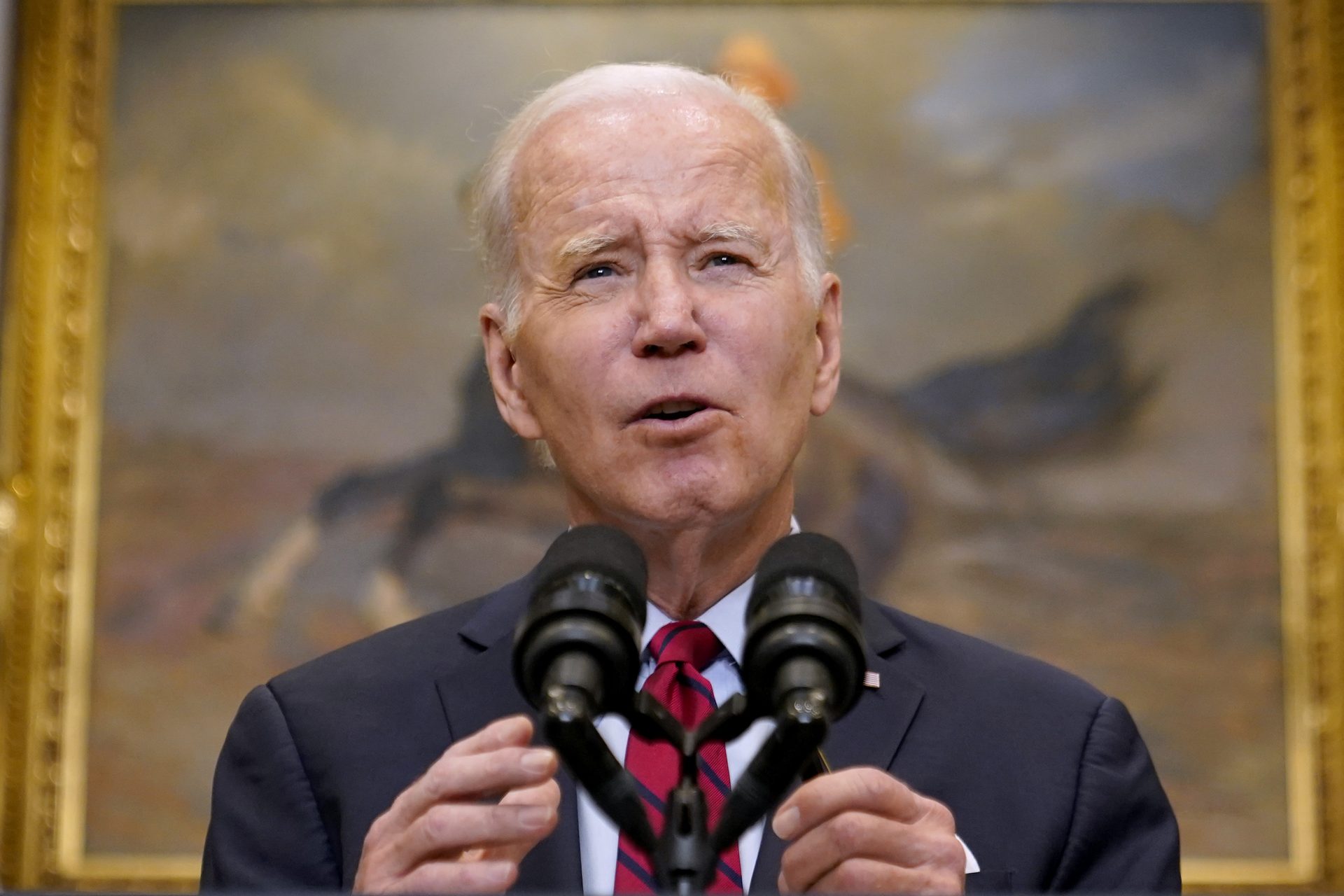EDINBURG, Texas – Eric Hamon, president & CEO of Driscoll Health System, went off script at the end of a press conference held to celebrate the new Driscoll Children’s Hospital Rio Grande Valley.
With Lt. Gov. Dan Patrick on the stage with him, Hamon brought up an issue involving Driscoll Health Plan. Although addressing the audience, Hamon may well have wanted Patrick to hear his comments. He thanked state Sen. Juan Hinojosa for getting involved on the issue.
 Eric Hamon
Eric Hamon“This is going to be real brief. I want to let everybody know and I know he’s not going to want me to do this, but I am. I want to make a quick acknowledgement for Senator Hinojosa. A couple of weeks ago, there was an issue… we own a health plan that we brought to Chuy’s attention. And it was very important to us as well as South Texas and what I’m going to tell you is Chuy listened, he grabbed the proverbial bull by the horns and lead the entire delegation from Port Lavaca to Eagle Pass, and those in North Texas, West Texas were watching. So, Chuy, thank you for your leadership. Thank you for what you do for Driscoll. You knew how important that was for the children and the moms of this community. So, thank you for doing that. We appreciate it,” Hamon said.
Hamon was talking about a Medicaid procurement change proposal from the Texas Health & Human Services that would decimate Driscoll Health Plan and leave tens of thousands of family’s scrambling to find other plans.
“Seventy-five percent of the children in South Texas would have to effectively change their health plans, which could also potentially require them to change their providers as well, depending on the networks of the health plans involved,” Craig Smith, president and CEO of Driscoll Health Plan, told the Rio Grande Guardian International News Service.
Sen. Hinojosa and the entire South Texas legislative delegation have written to Gov. Abbott and HHS to try to halt the procurement changes.
After the press conference had ended, the Guardian secured exclusive interviews with Smith, and Sean Pieri, vice president of development and marketing at Driscoll Children’s Hospital. Here is the interview:
Driscoll Q&A
Driscoll Health Plan has provided more information for news media outlets about the proposed HHS changes to Medicaid procurement. Here are two of the questions posed by Newsweek magazine and Driscoll’s answers:
Q. What has Texas Health and Human Services told you about the proposed new contracts and potentially being dropped from them?
On March 7, Texas’ Health and Human Services (HHSC) released Medicaid Managed Care Organizations (MCO) tentative procurement awards for STAR and Children’s Health Insurance Program (CHIP) Managed Care Services for contracts starting September 1, 2025. This announcement eliminated Driscoll Health Plan, a twenty-year incumbent, from providing services in both the Nueces and Hidalgo service areas. These two service areas consist of 23 counties in South Texas in which the Driscoll Health Plan has been providing coverage for more than two decades.
HHSC has an established process by which we can challenge this decision, and we have done so. We have requested that the decision be delayed allowing state lawmakers to seek a more collaborative and open process for awarding these Medicaid contracts.
We have asked Governor Abbot to instruct HHSC to remove the MCO-related caps within the existing procurement. Specifically, remove the maximum number of MCOs per Service Area and the maximum number of Service Areas per MCO. This action will allow any qualified health plan to operate within a Service Area creating a more robust competition that will benefit the members (children and pregnant mothers).
Such an approach benefits members and their communities with options for better care and service; providers benefit because they are given the opportunity to compete on a level playing field; and it avoids a massive disruption of care for some of the most vulnerable in our communities.
At a minimum, we are requesting that the current procurement process be delayed so that the Legislature may meet in January of 2025 to develop a competitive, market-based approach to Managed Care ensuring robust competition across the state.
Driscoll Health Plan has consistently been recognized for the quality level of service and care provided to members, and currently insures over 180,000 children and pregnant mothers, representing 54% recipients in South Texas.
Q. What is your response to the proposed changes and how damaging could it be?
According to census data, approximately 30% of residents living in the Hidalgo service area do not have health insurance, and median incomes in the region are lower than the state’s average, making access to health care challenging.
Exacerbating this challenge is the limited number of providers and specialists. The Robert Wood Johnson Foundation cites that residents in the region have 33% less access to physicians than the state of Texas as a whole, and 55% less than the national average. Additionally, the Texas Department of State Health Services (DSHS) reports that the region currently only has 53% of
the necessary pediatric support required for its population size and is projecting this figure to shrink to 39% in the next ten years.
These barriers often force a high percentage of patients to cut short or stop their medical care because of both cost and access. Consequently, the children of South Texas continue to experience significant health issues, some of which are largely preventable or treatable such as obesity, diabetes, and mental health.
Driscoll Health Plan has been extremely active in addressing these challenges not only in the Rio Grande Valley but also throughout all South Texas. For example, Driscoll Health Plan facilitates access to care, directly ensuring that subspecialty care is available for children and pregnant women by annually investing over $10 million in maternal fetal medicine incentives to subsidize physician costs. This investment has helped improve overall birth outcomes and significantly reduced NICU costs, saving the state approximately $1.056 billion between 2008 and 2022.
This is just one example of an investment that will cease to exist if the Driscoll Health Plan is dissolved because of the HHSC’s procurement process.
The post Driscoll: Here’s why proposed Medicaid procurement changes will hurt South Texas appeared first on Rio Grande Guardian.
 (2).png)
 1 week ago
47
1 week ago
47









 English (US)
English (US)